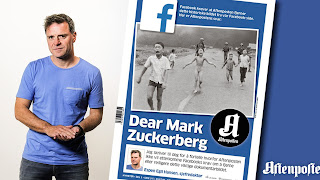On 27 January 1888, the National Geographic Society was founded. While the society is one of the largest non- profit scientific and educational institutions in the world, the public face of the organization is its iconic magazine, which was the first to use photographs to tell stories.
In the age of Instagram, it might be difficult to by grasp just how revolutionizing it was for a magazine to use photos as stories, especially a scientific journal like National Geographic. The magazine brought the world to people before the existence of commercial air travel, color photography, and radio. People then had seen the invention of electricity, cars, and telephones; we tend to exaggerate the technological advancement of the present day. Their technology must have seemed like witchcraft to them! What is Instagram but a glorified photo album that uses electricity and radio waves to work?
Now, we use images to tell our personal stories to the entirety of the world in an instant. One thing the people at the turn of the last century didn't have to worry about is malware. But you do. It could be hiding in the images you see on the internet. Through what is known as steganography, crooks have used JavaScript code hidden in pixels in images. Thus far, security researchers have discovered the technique used in banner advertising. Can other images be far behind?
Mere speculation, of course, but you can take steps to protect yourself now. Don't click suspicious links. Back up your data on a separate device that you keep unplugged and stored away. Use SumRando VPN when you are on public Wi-Fi to protect online access points. Never click a pop-up window that claims you have malware - always use a keyboard command or taskbar to close those types of windows.
By the way, Natgeo, as it's known these days, is the #1 brand on social media in the United States year after year. And why not? They've been storytelling through photography for 130 years. Happy birthday, @natgeo!






